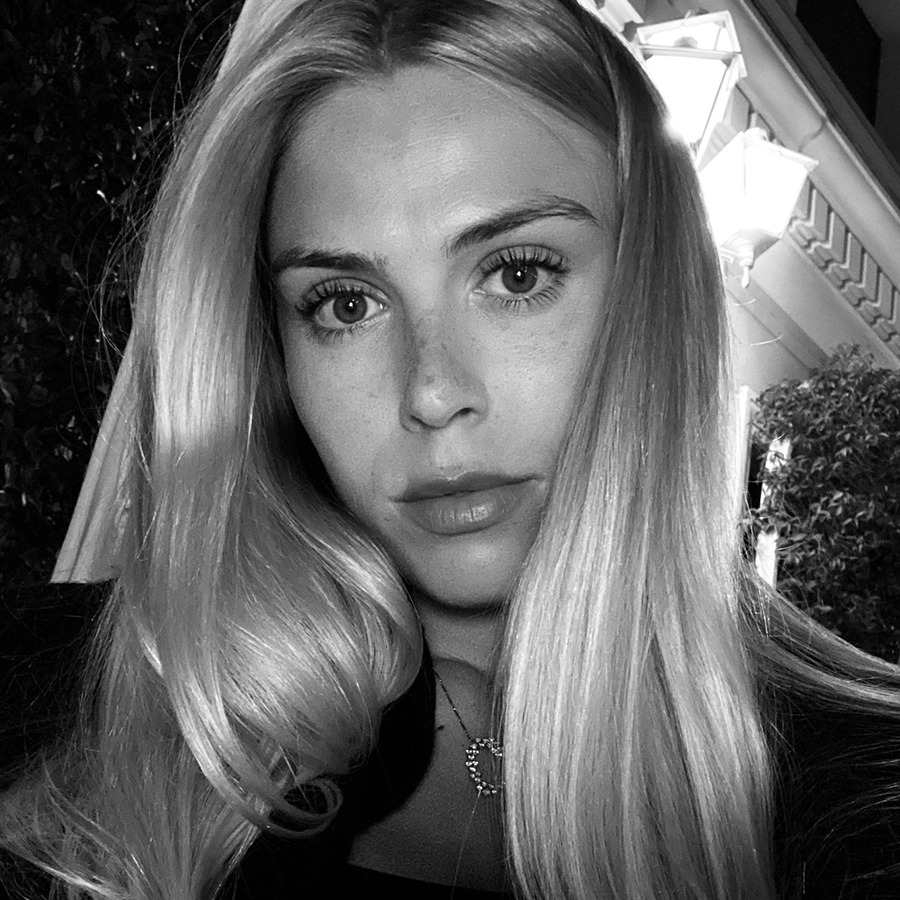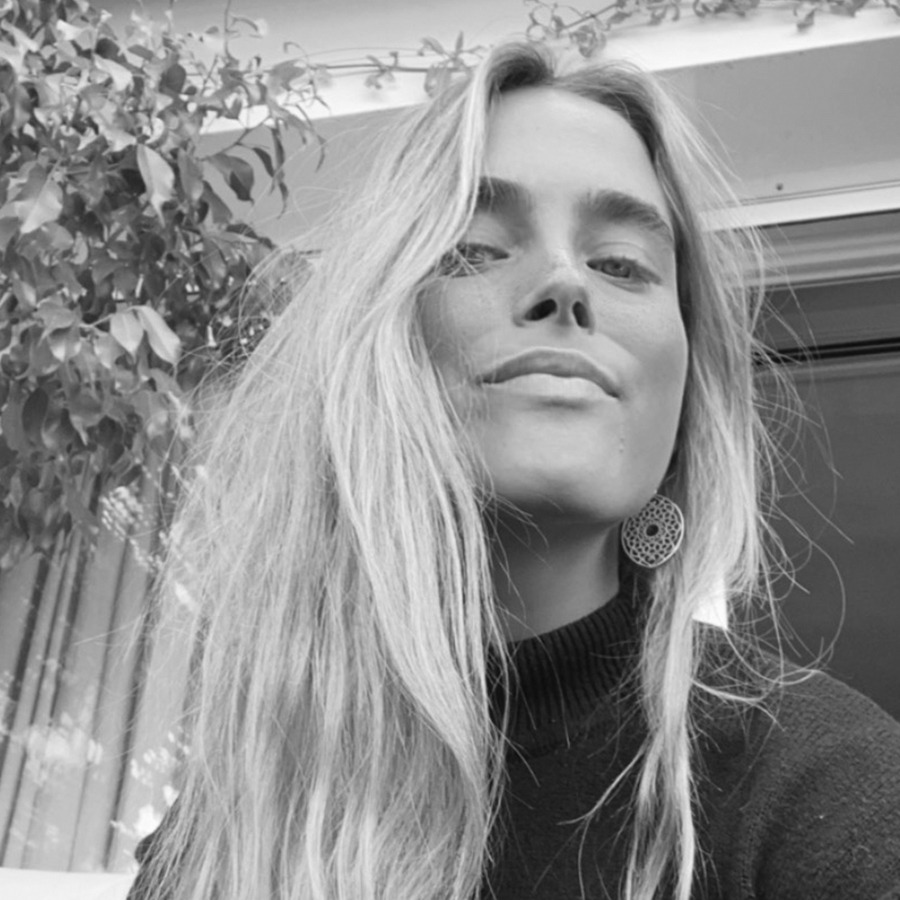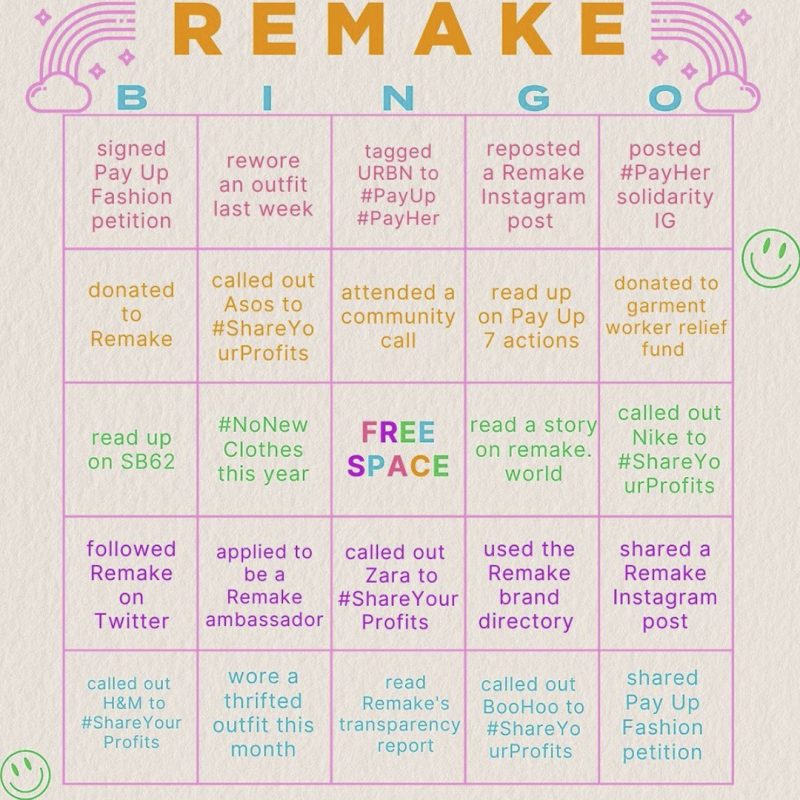Today, we can find any information in seconds thanks to the internet and our smart phones. We can communicate, investigate or even educate ourselves and others. So, does this mean we have a bigger responsibility than ever to act wisely? At least on some topics like human rights and environmental sustainability a lot would argue that we actually have no more option than to act now.
The last months have been full of protests; BLM, climate crisis, women’s rights, the pride, AAPI community, whichcreated an environment full of anger but full of hopeand where love will conquer. To see people coming together for such causes is incredible. Our generations have to repair what did not go well (at all) in the past but we know that together we will. This Generation Z, it is who we are, we are the future and so the present, and this, marketing teams have understood it. This is why businesses, are all going in this direction however, although this may sound great, these values and believes do not align with every business models nor lifestyle, for example fast-fashion brands… So, in order to survive they will have to lie…
Fashion is a beautiful tool which is also powerful. We can express ourselves with it, they represent the era we live in, challenge stereotypes and boundaries and so is a strong political tool. The clothes you choose to wear are highly important, and not actually because it shows who you are by your style but by your actual values and believes as where do they come from? Not the label but if you can ‘remember who made them’.
As fashion is so fun and consumerism has developed in the 20th century and now more than ever, fast-fashions brands have emerged. These have democratised the way people dress by their low prices, sometimes going 99% off with products at the hallucinating price of 4p (Pretty Little Things on Black Friday). It has allowed everyone to dress, and being able to often change clothes, explore, experiment and play. They are using the trickle-down theory where they re-create the design from the catwalk to bring them to the street. (How ethical is it to steal a designer’s design is also debatable) Also, they have 52 seasons, as they drop new lines every week. These are Inditex Group (Zara, Massimo Dutti, Oysho), ARCADIA (TopShop, Miss Selfridge), Boohoo Group (Boohoo, Pretty Little Things, Warehouse, …) or the the H&M group (H&M, Monki, Cos, Weekday). They have therefore created the concept of mass production and so over-production in the fashion industry where they make profit on products which are at really low prices but sold in huge quantity.
But to what extent can fast-fashion brands satisfy our generation and really be sustainable. The answer is that fast-fashions brands can never be sustainable and ethical when we know that the carbon footprint of new clothes bought in the UK each month is greater than flying a plane around the world 900 times. (Oxfam)
Facts on fast fashion in the UK:
- Each person buys an estimate of 26.7kg of clothing every year (nearly 10kg more than other countries like Germany or France)
- The use of synthetic fibers has doubled since 2000 (a polyester shirt has 5.5kg carbon footprint compared to 2.1kg for a cotton shirt)
- 93 billion cubic meters of water per year is needed for the production of cotton worldwide
- The land used for cotton is often polluted by fertilizers and pesticides
- Average person owns 115 items of clothing but 30% was not used in the past year
(Unearthed,2019)
Green Washing
Last week H&M has launched a new campaign encouraging their consumers to buy better by creating a ‘conscious points scheme’ where points are rewarded when you buy from their ‘conscious collections’. Primark has also created a ‘Primark cares’ scheme. However, most of their campaigns are performative, when it is about the environment and sustainability and we call this greenwashing. It is to make people believe that your company is doing more to protect the environment than it really is.
These points you will be rewarded will actually enable you to buy MORE for less in the store. However, how can it ever sustainable to encourage people to buy even more clothes, most of the time they do not even need and think it is ok because it is organic cotton? Encouraging over consumption is wrong especially when we know that £140m of clothing goes to landfill every year, according to Greenpeace’s editorial, Unearthed in 2019.
ASOS has therefore created the ASOS Design Circular Collection, however after checking this is only 0.035% of their brand’s 85,000 products this again is pure greenwashing. If people do not re- check these adverts they may believe that they do the right things by buying ASOS but this lack of transparency from major fast-fashion brands is alarming. Especially when praising themselves about being conscious, they do not even pay their workers fairly.
Performative Feminism
Last month, for the International Women’s Day a lot of the fast fashion brands have been seen promoting Women’s Rights on their social medias and other platforms. However, this again is unethical when we analyse the facts. This is called performative feminism, or femwashing: it is when companies use marketing to capitalize women’s rights and equality although it is profiting off the patriarchy.
Indeed,
- Oxfam state that it takes a CEO from one of the world’s top five fashion brands just four days to earn the same amount a Bangladeshi garment worker will earn over her lifetime. Also 80% . of garment workers are women of colour earning as little as $21 a month (Labourbehind the label)
- According to Remake, only 7% of the world’s garment workers earn enough money to cover life basic necessities.)
How can exploitation for profit ever be feminism?
How can exploitation for profit ever make a brand ethical?
This is why the support of fast-fashion brands towards the Black Lives Matter movement can also be seen as false and again as a big lie. As they all exploit people of colour and have encouraged the fashion industry to the oppression of these people.
The fashion industry is a powerful industry which has an enormous amount of power in their hands, they have lots of influence and this is why people with power in their hands like these fashion brands (but also journalism, etc) should be actively anti- racism and not again hiding their implication in the Uighurs for example (C&A, Gap, Nike, etc) and anti-any kind of discrimination as they have for too long encouraged stereotypes and idealised beauty which was never inclusive.
These people should be held accountable for the society they have created and gained profit from. It is also now time to stop gendering fashion as it creates a binary world where women and men are the only genders and although it slowly changes because of the beautiful generation we are.
Clothes have in history helped discrimination against women and other genders. Real feminism is about equality for all and although you may think that this issue has been resolved because of androgynous fashion, these concepts of dividing collections is still a step to break for a better inclusivity for all.
How to start changing the world
Firstly, conscious consumption looks different for everyone and there is no one who can judge you. The importance is that you realise your actions. You have power in your hands by buying as a consumer, so use it! Also, don’t forget that these fast-fashion brands make you believe that clothes make you who you are but trust me you are more than your appearance. Your soul is bright and any clothes you would wear makes you beautiful but ethical clothing would make you stunning. Do not let anyone, especially fast-fashion brands profit from your insecurities.
Secondly, find the right resources for you! There are plenty of Instagram accounts which highlights all the important things to know but also newspapers, books or documentaries. Being aware is crucial in today’s world where fake news can spread in seconds. Remember Who Made Them @rememberwhomadethem has a great resources list on their websites.
Instagram communities which can help you:
- Venetia La Manna @venetialamanna
- Remake @remakeourworld
- Fashion Revolution @fash_rev
- Alok @alokvmenon
Finally, there are different ways you could change or improve your buying process. Join the #OOOTD (Old Outfit of The Day), or Second-Hand September. Reuse your clothes, or improve them by upcycling them, buy second-hand or vintage or even try to rent. This is even more creative than following fashion closely.
Find your style and go seasonless!
If buying something new, buy consciously, Rêve En Vert is a retail platform which encourages independent and conscious brands. The CEO, Cora Hilts takes her job really seriously and scrutinizes everything. Also, she dedicates her platform to 50% of selling and 50% of educating on sustainable issues, tips for a more eco-friendly lifestyle.
Websites for better consuming:
- Vestiaire Collective
- Rent The Runway
- HURR
- Rêve En Vert
- By Rotation
To conclude, fast-fashion brands are not to be trusted. After checking all the facts it is clear that they are doing everything they can to make us believe they are on our side but they are wrong to believe that we are fooled by their ‘conscious’ campaigns. Generation Z will use our influence as little or as big as it is to spread the message. Although it is sad, we must always remember to check the facts of what we are told. They try to manipulate all of us but I hope after reading this you will be or continue to be really vigilant on where you give your power to.
And don’t forget that the most sustainable clothes you can own are the one you already have.























